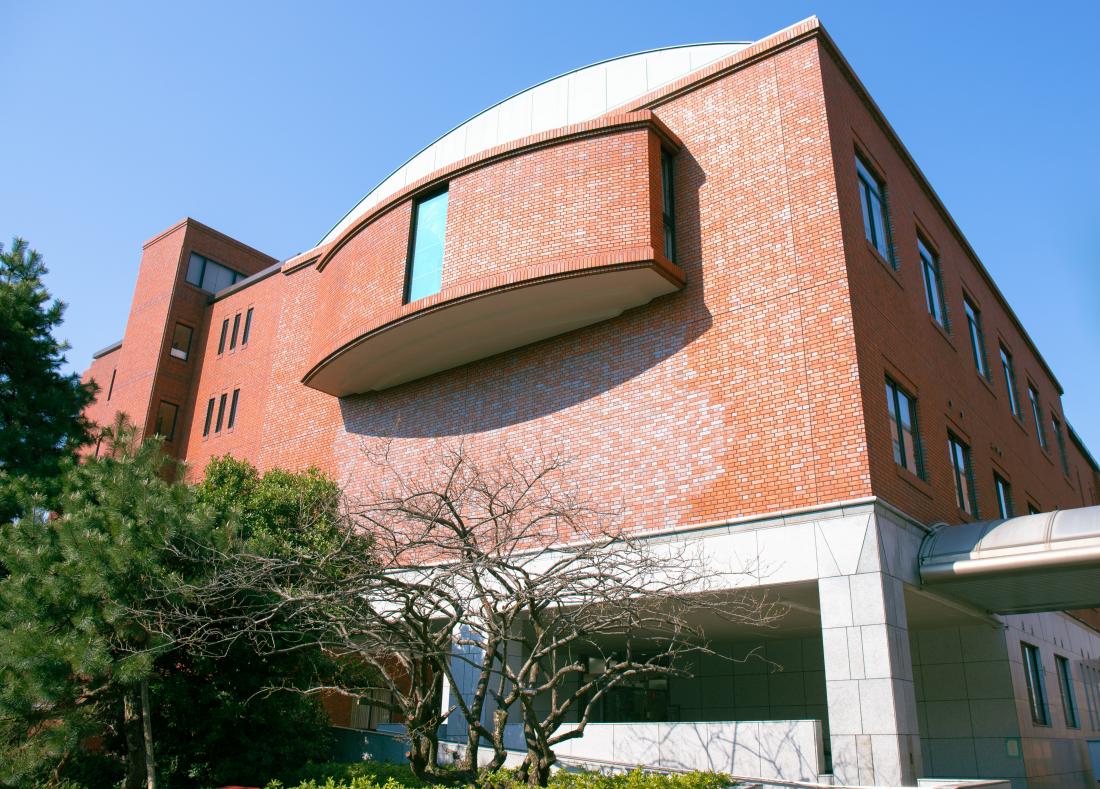
Institute for the Advanced Study of Human Biology (ASHBi), Kyoto University
What key biological traits make us ‘human’, and how can knowing these lead us to better cures for disease?
Institute for the Advanced Study of Human Biology (ASHBi) was launched in October 2018 with funding from the World Premier International Research Center Initiative (WPI) Program of the Ministry of Education, Culture, Sports, Science and Technology (MEXT).
The Institute inaugurates with 13 principal investigators (PIs) to create and promote human biology to elucidate key principles of human traits, including disease states. The Institute will perform interdisciplinary research between biology and mathematics (machine learning and topological data analysis) and between biology and humanities/social sciences (bioethics and philosophy on life), respectively. The Institute will implement two research development cores for cutting-edge single-cell genome information analysis and primate genome editing, respectively. The Institute will establish a link with international institutions such as the EMBL, University of Cambridge, and Karolinska Institute, creating a stratified organization for research promotion and strengthening its international profile.
Key Features of the Institute
・ Research collaboration between biology and mathematics, and between biology and the humanities
・Core facilities with leading-edge technologies, such as single-cell genome information analysis and primate genome engineering
・ Prioritized support for overseas PIs and links with key international institutions (including EMBL, University of Cambridge, Karolinska Institutet)
・ Strong links with the Kyoto University Hospital
・ Prioritized support for early-career PIs linking with the University’s researcher fostering projects (Hakubi project and K-CONNEX).
Contents of Research
The Institute will target humans and non-human primates as major research subjects in an effort to uncover the design principles of human beings and disease states, through a multi-disciplinary science approach.
The major goals are:
- to achieve outstanding research in individual themes in human biology in the area of reproduction, development, growth and aging as well as heredity and evolution;
- to elucidate the principles for the emergence of species differences among humans, non-human primates, and rodents for proper extrapolation of the findings in model organisms to humans;
- to generate primate models for key gene functions and intractable diseases, particularly those affecting the central nervous system and kidney;
- to reconstitute key human cell lineages and tissues in vitro and validate their properties based on integrative information; and
- to formalize an ethics for the use of human/non-human primate materials and create a philosophy to direct the values of the Institute’s research outcomes.
News
Sorry, no related news items available
Jobs


